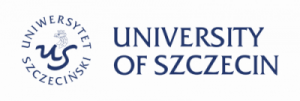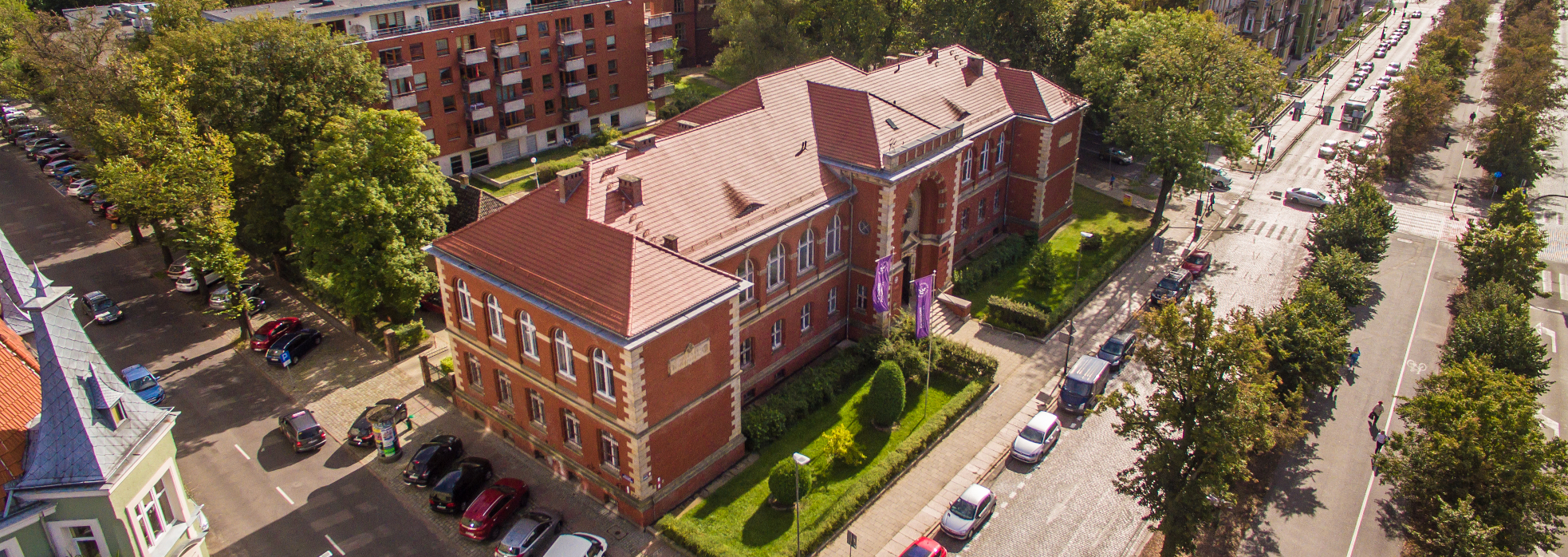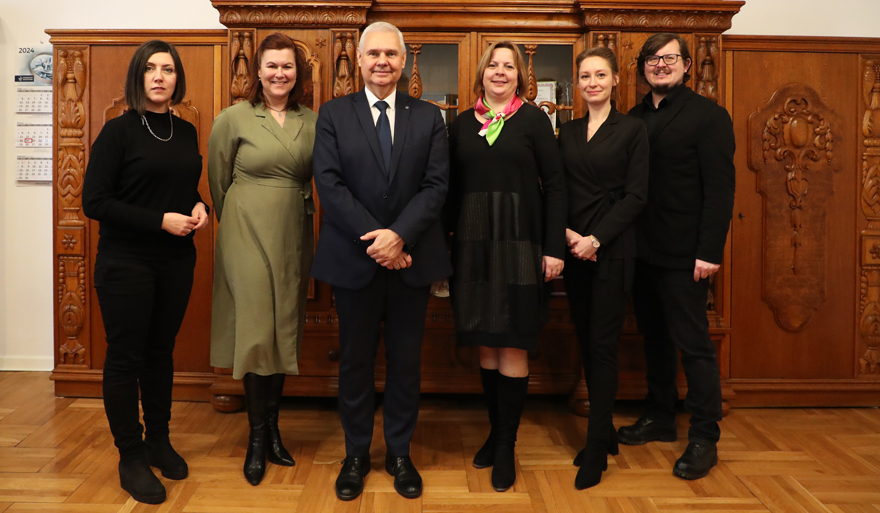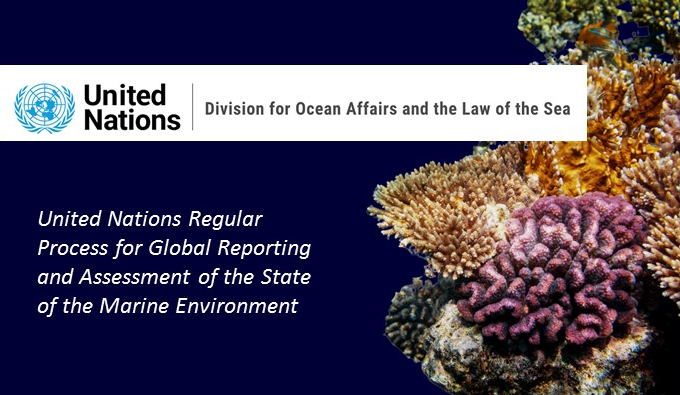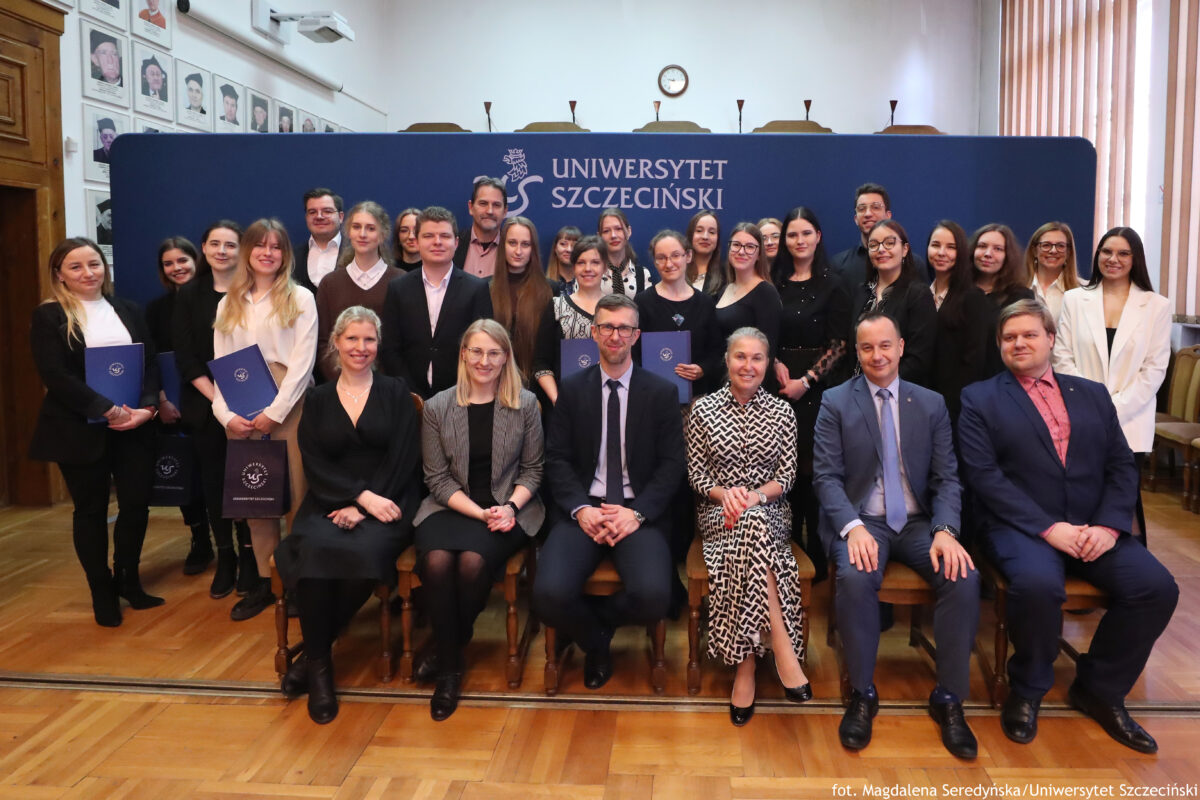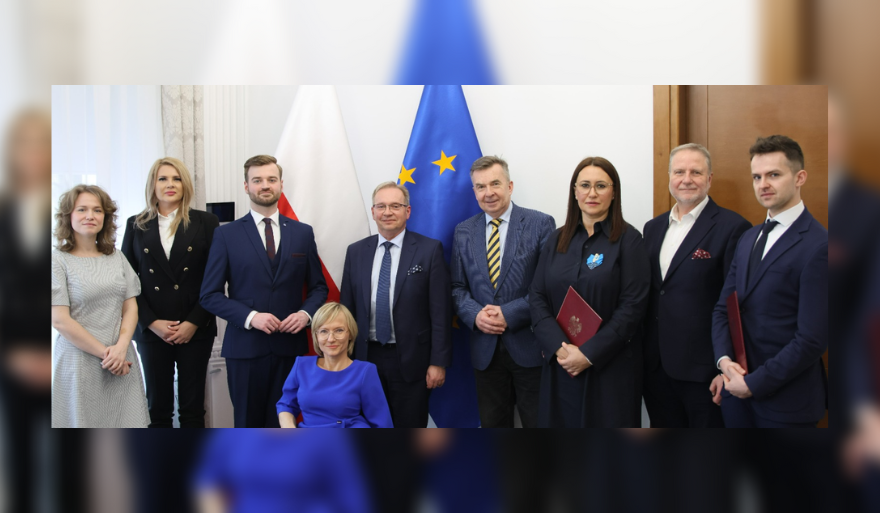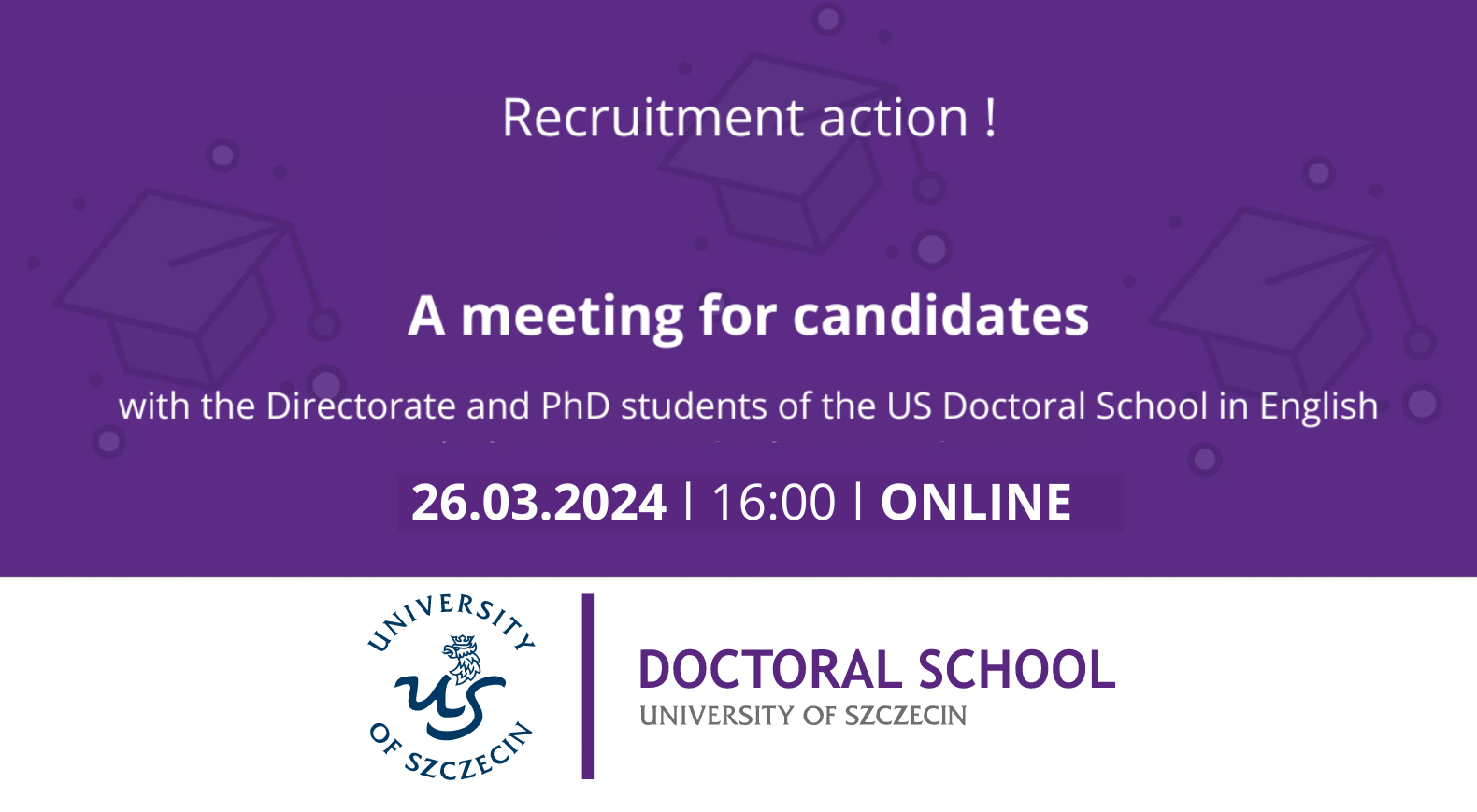Institute of Economics and Finance was established on 18 June 2019. However, it has the longest history among higher education units in Western Pomerania. The origins of higher education and research in economics date back to the year of 1946 when a branch of the Poznan University of Commerce was inaugurated in Szczecin. The research and scientific achievements of the Institute’s staff is a continuation of the achievements of the Faculty of Economics and Management and the Faculty of Management and Economics of Services.
The Institute has a scientific category A, which proves the highest level of the conducted scientific research, confirmed by the right to confer doctoral and post-doctoral degrees in the field of social sciences, in the discipline of economics and finance.



